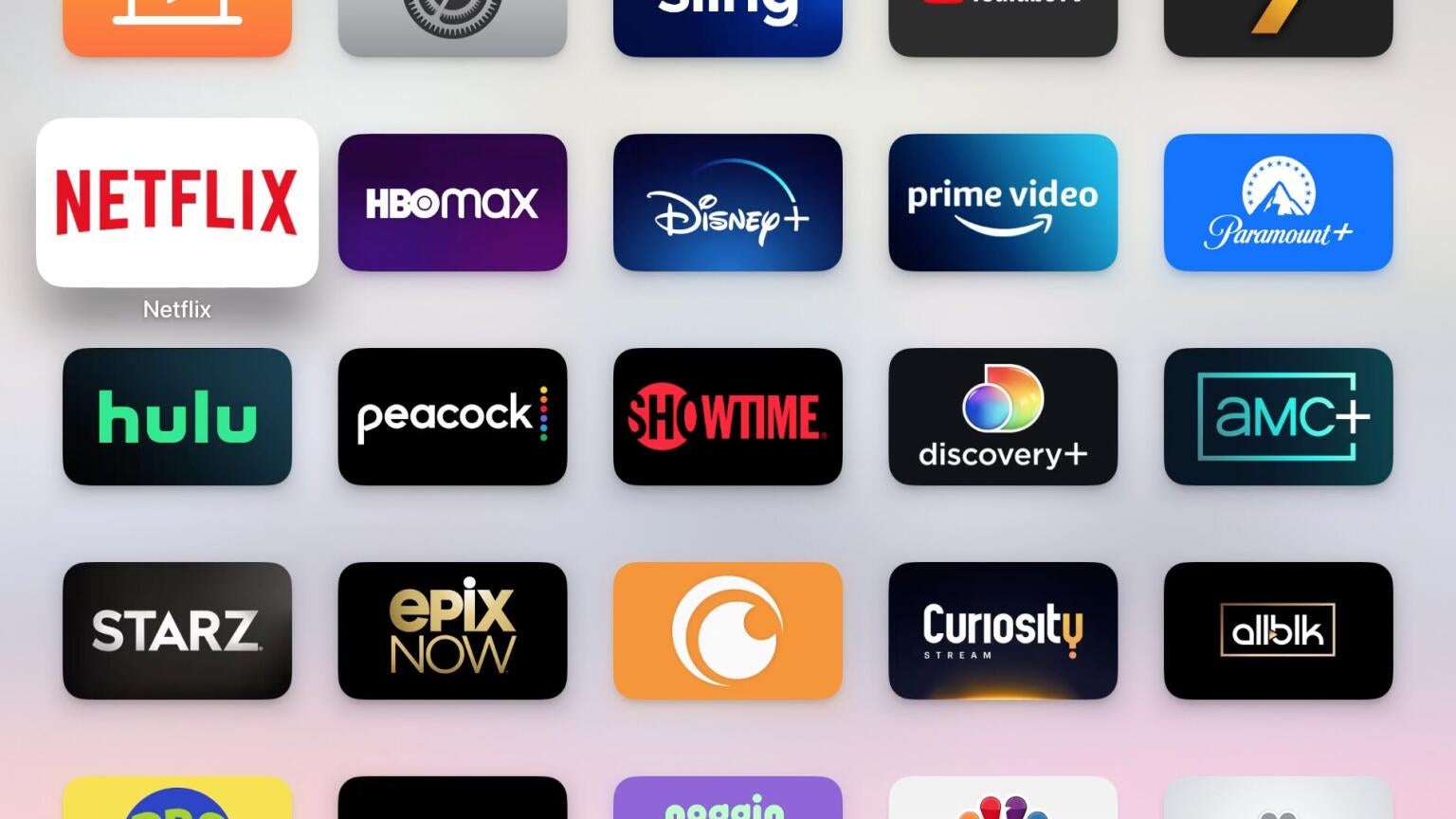
As a new streaming service seemingly pops up on the market daily, consumers are becoming overwhelmed by the sheer number of choices they must make — and money they must pay — to get all of the content that they want. Each service offers something tempting, and the cost of simply stacking subscriptions on top of each other is continuing to rise, often driving customers to drop a service that they don’t feel measures up.
One of the most obvious answers from a corporate perspective on how to reduce such subscriber defections, or churn, would be to bundle several streaming services together for a lower price point. Companies like Disney offer bundled subscriptions to their proprietary services, but a cross-company mega bundle has yet to materialize.
With inflation causing streaming budgets to shrink, many customers are asking why such a bundle isn’t in the works. New reporting from CNBC has shed some light on the answer to that question, and it’s a familiar one inside the industry: The money doesn’t make sense for streaming companies.
“There will probably continue to be competitive jostling that will stand in the way of inter-company bundling versus intra-company bundling,” said Engine Media’s Tom Rogers, former president of NBC Cable. “Obviously there’s a cost to that because the bundling discount means lower fees.”
Streaming companies are simply not willing to share revenues or customers with other streamers in the name of keeping subscribers. Peacock executives who have approached companies like HBO Max and Paramount+ to explore the potential formation of a bundle have been rebuffed because those companies see such a move as more beneficial to Peacock, with its smaller subscriber base, than it would be for their platforms.
The conundrum works both ways, as well. Peacock has also had talks with smaller streaming services like AMC+ and STARZ, but there is concern that bundling those services with Peacock wouldn’t move the needle much for NBCUniversal. Of course, Hulu operates as a partnership between Disney and Comcast (at least for now). Both companies have their own independent streaming services, and even before Disney took over majority control of the service in 2019, the platform had been able to carve out a sizeable market share by offering something that no other streamer was providing; next-day linear TV episodes.
But, as Comcast has pulled its next-day content off of the service in favor of Peacock, there are nearly no examples of cross-corporate bundles in the streaming space.
One complicated question standing in the way of a streaming mega-bundle is who would control the user experience? If a hypothetical bundle with Netflix, Disney+, and HBO Max existed, whose website would customers go to access it? Who would get the advertising dollars from such an arrangement? Which company’s technology would power a unified platform? Who would have access to customer data?
Companies that also operate linear networks complicate the picture as well. Linear networks can account for over 50% of a company’s total revenue, and they would expect to be compensated equally if they pulled that content from cable and moved it into a streaming bundle instead.
It’s currently much easier for media companies to enter into arrangements with non-television entities, such as the recent Walmart+ and Paramount+ deal. Those types of agreements allow streamers to expand their reach without competing with other content providers.
But those types of deals may provide a potential path forward for a bundle of all the major streaming services. If the many services could come together under the corporate umbrella of a company that does not currently offer a streaming platform (Microsoft, for example), it could provide a means of arranging an equitable bundle for all concerned.
As more customers cut the cord and turn to streaming to get their content, the calls for a universal streaming bundle will only get louder. But until churn rates rise dramatically, streaming companies are unlikely to see the financial incentive in creating such a bundle.
